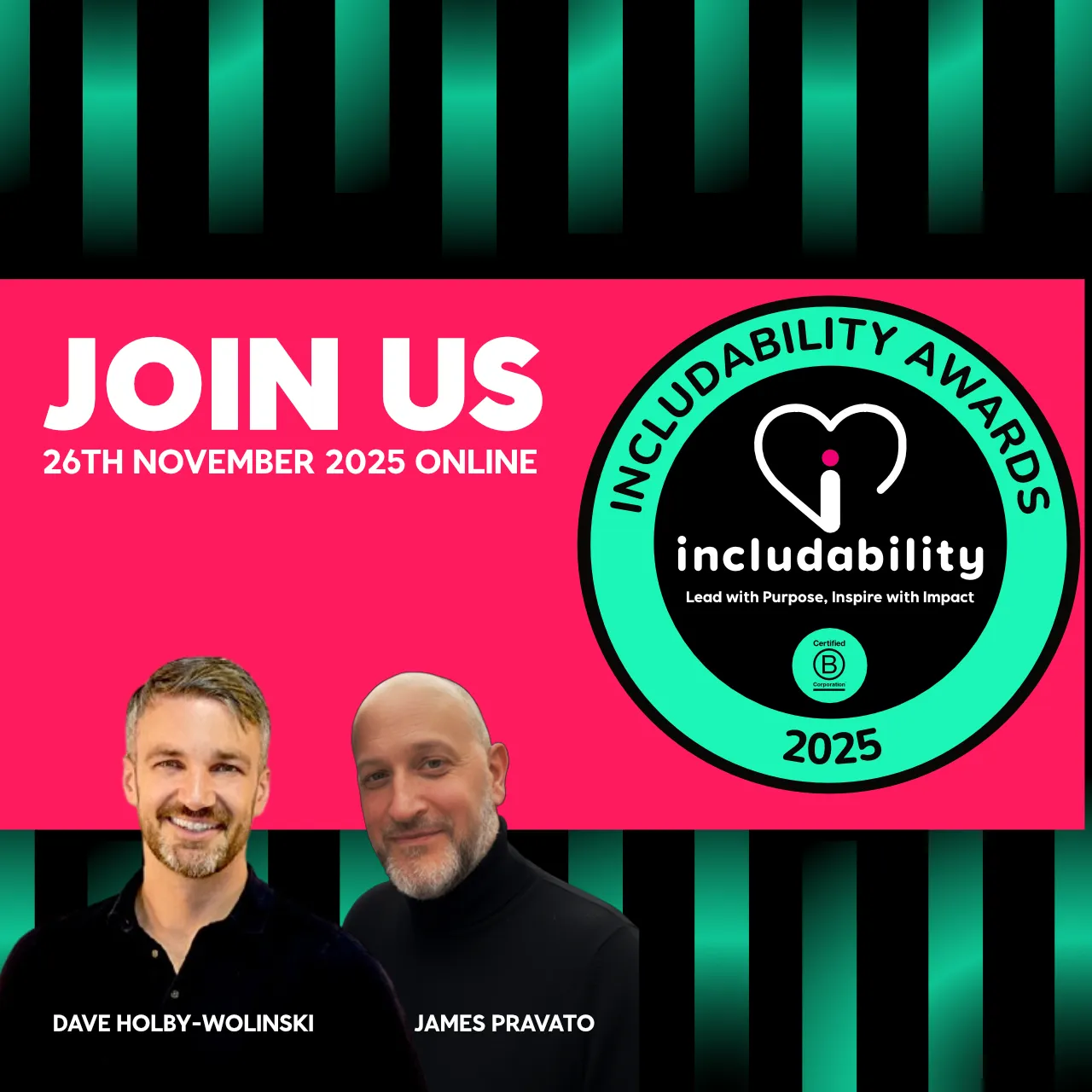Carers Week - Carers Share Stories of Difficult Year
With over 28,000 deaths occurring in UK care home residences due to COVID-19 we hear stories from carers on a difficult year

Carers have been sharing their stories with organisations, including several Includability Partners

With over 28,000 deaths occurring in UK care home residences due to COVID-19 we hear stories from carers on a difficult year
Carers have been sharing their stories with organisations, including several Includability Partners, during one of the most difficult years for the industry during Carers Weeks 2021.
With over 28,000 deaths occurring in UK care home residences due to COVID-19 in the last year and the care sector due to grow to over 2 million jobs by 2035, carers have faced one of the most difficult years the industry has encountered in recent memory, and the industry needs to retain its current levels and recruit an additional 520,000 carers to meet the rising demand.
The pandemic has also caused 69% of unpaid carers to say their mental health has worsened because of a lack of breaks, while 64% said their physical health has suffered. Research from consumer watchdog, Which?, suggests 74% of people reported being exhausted as a result of caring during the crisis.
Includability partners share stories of the effects of mental health of carers
With 6.5 million people providing unpaid care to loved ones, or volunteering within their communities, caring for carers as they maintain the backbone of our society has never been more important. Several Includability Partners including Dimensions and Anna Kennedy Online shared the stories of carers from the past year, acknowledging the rewards and challenges to the job, especially to the mental health and wellbeing of everyone who gives their time to care.
Dimensions shared the story of Soraya, a support worker for Cardiff. A retail worker for five years, Soraya begins her career in the care sector just weeks before restrictions from the first lockdown were put in place.
“It's been challenging and we've had to spend time explaining what's going on and why their families aren't able to visit, but they've taken it in their stride and have been video calling their families to stay connected. I've built an incredible relationship with each of the people I support,” she said.
Soraya hopes that the pandemic allowed the public to gain a deeper appreciation of care and social work.
"Since coronavirus, I think people are starting to value social care work more, and are realising how much we actually do and how important our jobs are. But some people still undervalue it, and there's a long way to go."
Read more of Soraya's Story.
Anna Kennedy Online shared the story of Kellie Barker, founder of born anxious, and parent carer of Oscar.
Oscar was diagnosed with complex Autism in 2015 and Kellie was still working in Fostering and had been for 16 years, matching children with complex needs in families and making sure needs could be met. But had been unprepared to take on the complex care responsibility for her own child, but she quickly rose to the challenge. She said:
“Like a duck to water I very quickly gained my voice as an advocate for my child, quit my much-loved job and started to put into practice the skills I had gained for multi professional working and networking, this time I was unable to measure the results as easily no consultations, no spreadsheets, hands on full time, no sleep, overwhelmed but navigating through. That’s why I feel the title carer is such a powerful word especially for unpaid parent carers, it means numerous things, PA, expert on whatever health condition your children may have, educator, advocate, voice, therapist, dietician, many many other things we all do as carers. Then on top of that there’s parent, we have to be the parent too and leave our hearts at the door for difficult meetings and assessments, digest bad news and problems and barriers like it’s just a job even if our hearts are breaking.”
Read more of Kellie’s Story.
How sharing stories can help understanding of problems carers face
Sharing stories can help boost morale and help get the public more engaged with the problems carers face, but stronger action is also needed and is being taken to better look after the health and wellbeing of those in the profession.
A collective of charities are calling on the UK Government to provide £1.2 billion of funding for breaks for unpaid carers. They say this would enable those providing upwards of 50 hours of care to take time off for their own health and wellbeing.
Support the care industry by Making a Pledge to the next Carers Week.
Related resources & events
Sign up for our newsletters
We have an employer and Job seeker newsletter giving you all the latest information in one easy and digestible email. Sign up today for news and job advice straight to your inbox.








